Discover how the transformative power of therapeutic psychedelics can complement Internal Family Systems (IFS) therapy. Learn how both modalities work together to help heal trauma, foster self-compassion, and bring balance to your inner world.
Introduction
In recent years, psychedelics such as psilocybin, MDMA, and LSD have gained increasing attention for their potential to facilitate deep emotional healing. Researchers are exploring therapeutic psychedelics in context, finding promising benefits for mental health issues like depression, anxiety, PTSD, and addiction. One particularly exciting development involves integrating psychedelic therapy with Internal Family Systems (IFS), a healing modality that views the mind as a constellation of distinct parts working to protect and adapt.
Quick Takeaways
- Psychedelics can dissolve rigid defenses and allow access to deeply buried emotions.
- IFS helps individuals recognize and harmonize conflicting parts within themselves.
- When combined, psychedelics and IFS can accelerate personal growth and emotional healing.
Foundations of IFS Therapy
 Developed by Dr. Richard Schwartz in the 1980s, Internal Family Systems (IFS) is a compassionate, experiential therapy that sees each person’s psyche as a system of distinct parts. These sub-personalities each have their own roles and emotional states, often categorized into:
Developed by Dr. Richard Schwartz in the 1980s, Internal Family Systems (IFS) is a compassionate, experiential therapy that sees each person’s psyche as a system of distinct parts. These sub-personalities each have their own roles and emotional states, often categorized into:
Exiles
- Carry wounds from past trauma or unresolved conflicts.
- Tend to be suppressed to avoid overwhelming pain.
Managers
- Proactive, controlling parts that work to prevent emotional triggers.
- Develop coping strategies to keep exiled parts under wraps.
Firefighters
- Reactive parts that jump in during crises to numb or distract from pain.
- May use impulsive behaviors or addictions to douse emotional “fires.”
The Self—often described as our core, wise, and compassionate center—seeks to bring these parts into balance. In IFS therapy, healing involves connecting with the Self, listening to each part’s concerns, and helping them release emotional burdens so the entire system can function more harmoniously.
Therapeutic Psychedelics: A Gateway to Inner Exploration
Psychedelics (such as psilocybin, MDMA, LSD, and ayahuasca) offer a powerful means of exploring consciousness and catalyzing emotional breakthroughs. Under carefully controlled conditions:
- Ego Dissolution: Psychedelics can temporarily loosen the boundaries of the ego, making it easier to access and process hidden or suppressed parts.
- Emotional Release: Traumatic memories and deep-seated emotions may surface in a way that allows them to be felt and integrated.
- Heightened Connectivity: Users often report an increased sense of unity and empathy, both toward themselves and others.
This naturally aligns with IFS therapy’s goal of revealing, understanding, and healing the various parts of the psyche.
How Therapeutic Psychedelics and IFS Complement Each Other
1. Deepened Access to Parts
In a typical IFS session, reaching exiled parts can be challenging if protective Managers or Firefighters are strong. Psychedelics often soften these inner defenses, allowing deeper—and at times more rapid—access to wounded or suppressed parts.
Example: An individual might finally “meet” a lonely, child-like exile holding onto a memory of past trauma, something they had difficulty accessing through traditional talk therapy alone.
2. Dissolution of Ego Boundaries
Psychedelic experiences are famous for prompting feelings of oneness and dissolving the usual sense of self. From an IFS perspective, this can help the client more easily differentiate the Self from their parts. The result? A more empathetic and less judgmental internal dialogue.
Benefit: Clients often report an immediate sense of relief and compassion for previously exiled or shamed parts.
3. Facilitating Communication Among Parts
One main task in IFS is fostering dialogue between parts. Under the expanded awareness state that psychedelics can induce, it may feel more natural to hold open, curious conversations with internal Managers or Firefighters.
Outcome: Better cooperation and understanding among parts, which speeds up the unburdening process.
4. Healing Trauma and Unburdening
Research increasingly shows psychedelics’ effectiveness in treating trauma-related conditions. By combining this with IFS:
- Safe Environment: The therapist supports the client in safely experiencing painful memories.
- Self-Led Healing: The Self—now more accessible—helps release (“unburden”) the emotional weight carried by exiles.
Essential Considerations and Safety
While the synergy between therapeutic psychedelics and IFS holds immense promise, caution is key:
- Professional Guidance
- Seek licensed mental health professionals trained in the use of both therapeutic psychedelics and IFS therapy.
- Ensure a safe physical setting, along with psychological preparation and integration support.
- Integration Work
- The insights gained during a psychedelic session can fade without post-session processing.
- IFS therapy sessions post-journey help incorporate new understandings into everyday life.
- Medical and Psychiatric Screening
- Not everyone is a candidate for psychedelics (e.g., certain heart or mental health conditions may be contraindications).
- In a qualified setting, clinicians will assess risks and benefits to ensure client safety.
The Power of Integration
Integration refers to weaving the lessons and insights from a psychedelic experience into daily life. In an IFS context, this involves continued work with your parts—validating their experiences, adjusting any protective strategies that no longer serve you, and helping them feel secure. Over time, this process can lead to:
- Lasting Emotional Resilience: Healthier coping strategies replace impulsive or damaging behaviors.
- Greater Self-Compassion: Recognizing that each part has tried to help (even if its methods were extreme) fosters a kinder internal environment.
- Enhanced Interpersonal Relationships: As you develop harmony within, external relationships often improve too.
Conclusion
The combination of therapeutic psychedelics and Internal Family Systems (IFS) represents a powerful frontier in mental health treatment. By leveraging the strengths of both modalities—IFS’s structured approach to inner parts and psychedelics’ capacity to dissolve defense barriers—individuals can access deeper levels of healing, self-awareness, and transformation.
If you’re curious about exploring this integrated approach, consider seeking out practitioners experienced in both fields. With proper support and a compassionate therapeutic psychedelic framework, the journey into your inner world can be profoundly transformative, paving the way for lasting emotional well-being and self-discovery.

